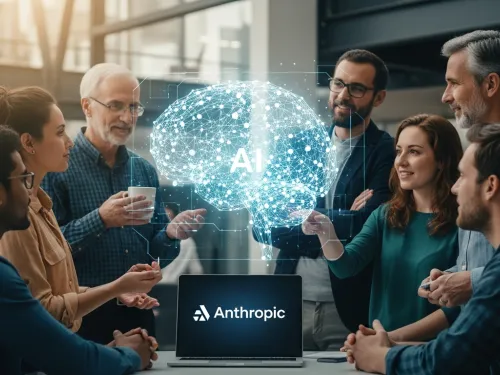The Anatomy of Technical Debt: When Business Decisions Sink the Code
After 25 years of programming, an uncomfortable truth emerges: most of the technical debt haunting our projects doesn't stem from bad technical decisions. This image reveals, with surgical precision, the true origins of chaos in our code.
Unrealistic deadlines, urgent scope changes, lack of planning, and insufficient resources — the real villains hide in the upper floors, while developers drown in the consequences below.
A necessary reflection on shared responsibility, communication between worlds, and how our experience can help navigate (rather than collide with) these organizational icebergs.
Unrealistic deadlines, urgent scope changes, lack of planning, and insufficient resources — the real villains hide in the upper floors, while developers drown in the consequences below.
A necessary reflection on shared responsibility, communication between worlds, and how our experience can help navigate (rather than collide with) these organizational icebergs.
Refactoring: The Art of Cleaning the Floor While Walking
The text discusses the importance of refactoring, which corrects code deterioration by improving internal structure without altering external behavior. Refactoring is not about rewriting the system but optimizing design and readability, as shown through replacing magic numbers with constants and the "Extract Method" technique. It reduces cognitive load, prevents the accumulation of technical debt, and represents professionalism. Refactoring should be done when adding features, fixing bugs, or during code reviews. Tests are crucial to ensure that refactoring does not break functionalities. Refactoring should be a constant habit.



